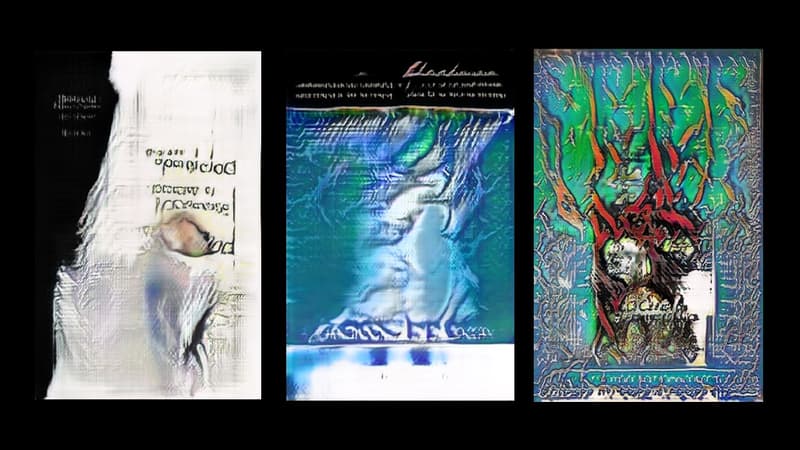An artificial intelligence that would write like Salman Rushdie? The literary star is skeptical. But the publishing world gathered at the Frankfurt Motor Show does not hide its concern at the idea of being inundated with computer-generated content.
Shaken by the technological revolution at the heart of artificial intelligence software like ChatGPT, the book sector is, like many other professional sectors, in crisis.
The actors in this industry feel “a deep feeling of insecurity,” says Jürgen Boos, director of the Frankfurt Book Fair, the largest in the world, which ended on Sunday. The issue was at the center of debates throughout the week.
Artificial intelligence already affects translation, it is being developed in scientific and legal publications, but it remains marginal in literary creation.
Because when it comes to writing novels, AI still lacks inspiration, explained British author Salman Rushdie, who experienced this after reading a short text generated “in his style” by software.
“What came out was to be thrown away,” he confided to the laughter of spectators during a press conference.
“Anyone who has ever read three hundred words of my handwriting would immediately recognize that it couldn’t possibly be mine,” he added, stating that he wasn’t “that worried right now.”
Help to write
AI performance in fiction is “still not very good,” said Jennifer Becker, a German author and academic, during a panel discussion.
On the other hand, “the potential is great to use it collaboratively,” to help with writing, according to her.
For flimsy novels, which are based on stereotyped narrative models and are intended for mass production, AI offers opportunities, even “a certain relief”, jokes fair director Juergen Boos, for those who will no longer have to deal with this type of content.
Ultimately, it all depends on the type of publication, emphasizes Susanne Barwick, deputy legal advisor at the German Publishers and Booksellers Association.
But as soon as generative artificial intelligences use billions of texts to train their algorithms and create content, legal battles arise.
Money at stake
One of the main “grey areas” is who owns the copyright to AI-generated content, says Juergen Boos. “This is a real disaster and a very important issue. There is also a lot of money at stake.”
On Amazon’s KDP platform, dedicated to self-publishing, there are many books generated entirely by AI, specialists observe, some of which are even among the best sellers.
KDP now asks authors to declare on the site whether their works are generated by AI (images, texts or translations).
In September, several writers, including George RR Martin, author of the “Game of Thrones” saga and thriller king John Grisham, took US legal action against the Californian startup OpenAI, accusing them of having used their works to create ChatGPT without regard to your copyright.
In an open letter signed by numerous writers such as Margaret Atwood and Dan Brown, the American authors’ union (Authors Guild) warned the technology giants this summer: “millions of books, articles, essays and poems protected by copyright constitute the “ “food” from AI systems, endless meals for which there is no bill.”
Source: BFM TV


